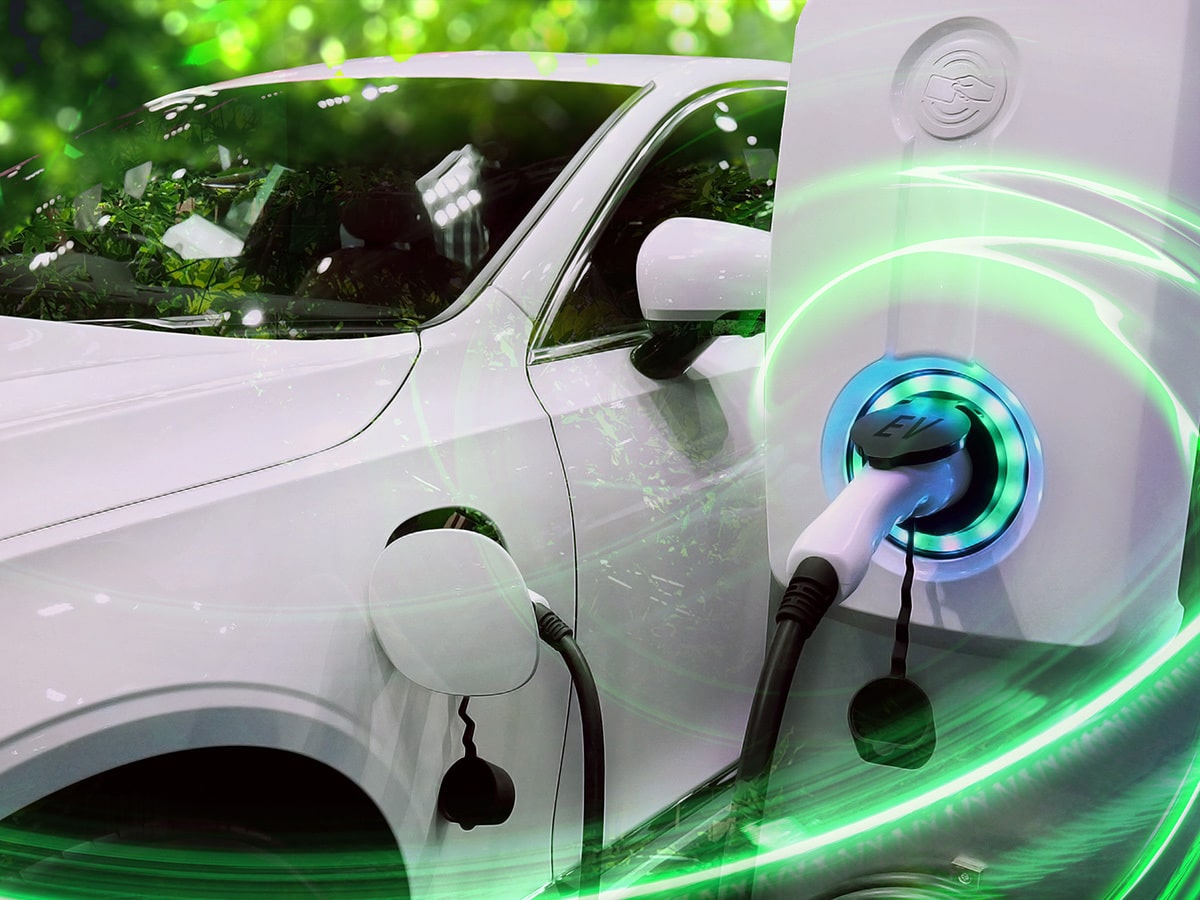What You Need to Know About Electric Vehicles

With so much talk about the future of clean cars and the environment, it seems like the topic of electric vehicles should be getting more attention from the public. But most consumers aren’t getting the message from the companies producing these types of cars.
A recent survey done by Altman Vilandire & Company found that 60% of drivers in the U.S. claimed to be “unaware” about electric vehicles (EVs). Another 80% claim they have never ridden in or driven one.
Manufacturers that have an EV in their model lineup are less likely to spend their advertising budget promoting them, so it makes sense that Americans who don’t live in states that provide incentives for buying these cars would know very little about them.
Below, we’ve rounded up some of the need-to-know facts about EVs to help shed a little light on this subject for our readers.
There are Three Types of Cars on the Road Today
There’s your standard gasoline powered cars, cars that run on electric power, and hybrid vehicles, which use both electricity and gas to get you to your destination.
Plugging in Versus Fueling Up
Since EVs rely on electricity to make them run, you have to plug them in versus finding a gas station and fueling up at the pump. While it may seem more convenient to find a plug when you need a boost, it takes longer for the vehicle to charge than it does to fully fill the tank up with gas. Also, when you are away from home, you have to find special plug in stations for your vehicle. Depending on where you live, these may be few and far between. If you do own an EV, apps like PlugShare can help you find where the closest charger is.
A Greener Choice
A benefit of electric vehicles is that they are largely better for the environment in most cases. However, if the electricity used to charge the car does not come from a renewable resource, this does very little to reduce your carbon footprint. EVs are also quieter than their petroleum-powered counterparts, and in many cases, they are less expensive to operate.
Plan for Shorter Trips
One downside to driving an EV is “range anxiety.” The average EV can only go around 100 miles on a single charge. With charging stations possibly being sparse, depending on where you live, this could cause problems if you travel far away from home. If you are a city-dweller or aren’t the road-tripping type, this wouldn’t be much of a problem for you, and an EV might be a great car choice.
Price Point
Electric cars tend to come with a hefty sticker price compared to traditional gasoline dependent cars. However, if you live in certain states there could be major incentives to make you consider purchasing one of these alternative vehicles. It also could be more cost-effective in some areas to charge an EV versus paying at the pump. Some would argue that the cost to maintain an EV is less than a standard vehicle. However, this is only true if the battery in your EV falls under warranty. Replacing an EV battery is much more expensive than most repairs for a traditional automobile.
There are many pros and cons to EVs, but with technology fixing many of their problems every day, they could be a viable alternative for drivers everywhere in the very near future. Depending on your lifestyle, they may even be just what you need right now. Want to ditch your old gas powered car and be an EV trendsetter?